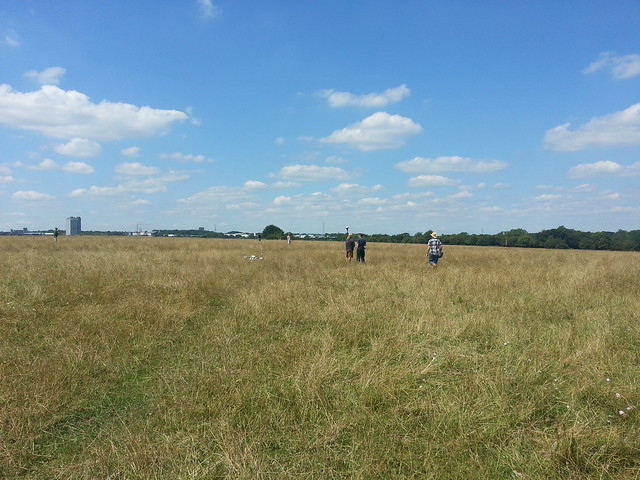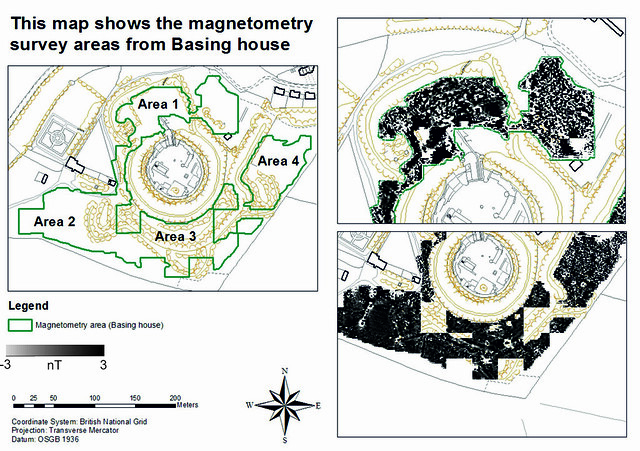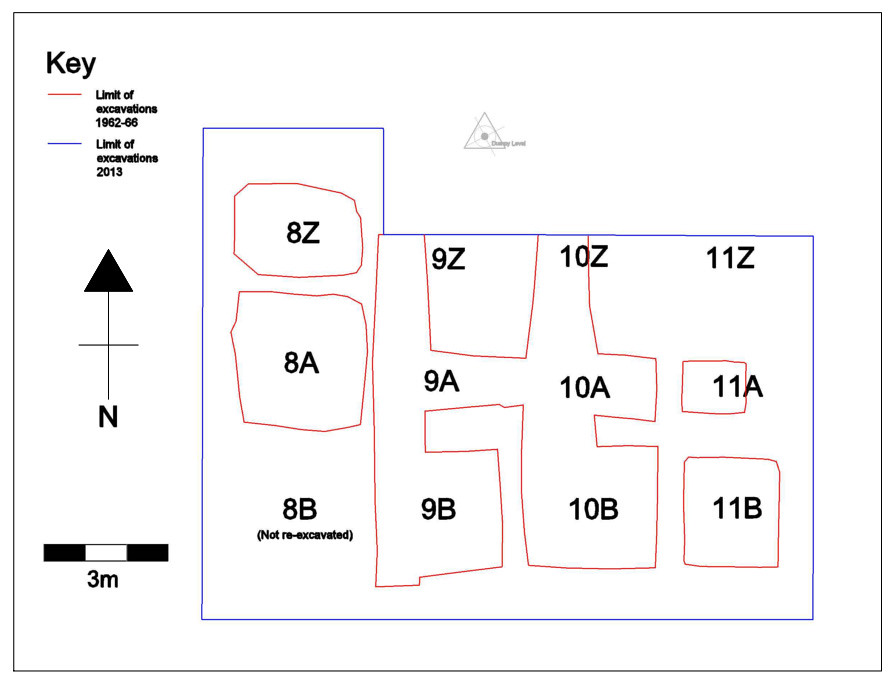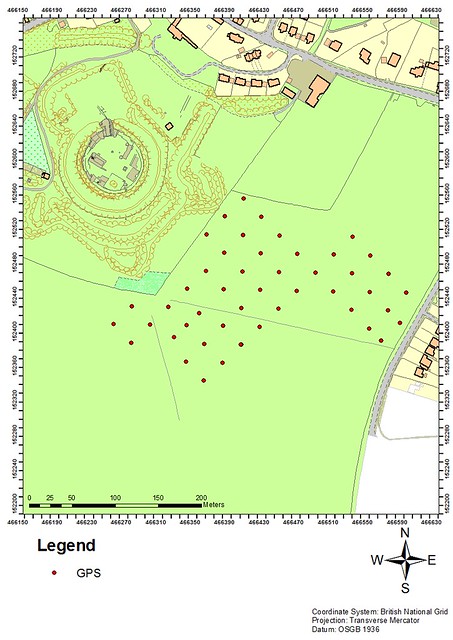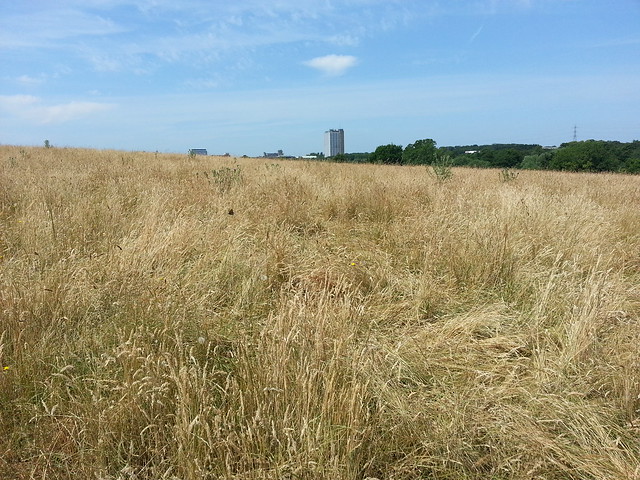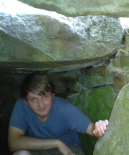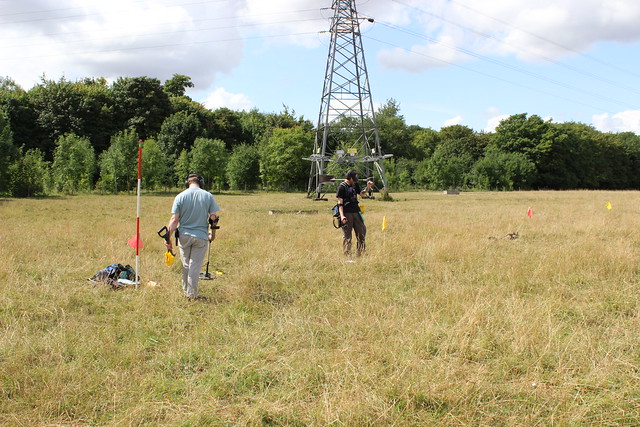
Battlefield Archaeology of Basingstoke Common
This year there were lots of different research projects being carried out on site whilst we were excavating in the New House. Many of these were being carried out by postgraduate students. One of these students has written a blog post about his research.
The Trustees of Basingstoke Common kindly granted us permission to survey the Common using various techniques. Sam, Richard and Colin visited us at Basing House to support the survey of the Common, led by Dom Barker, University of Southampton.
Continue reading →

